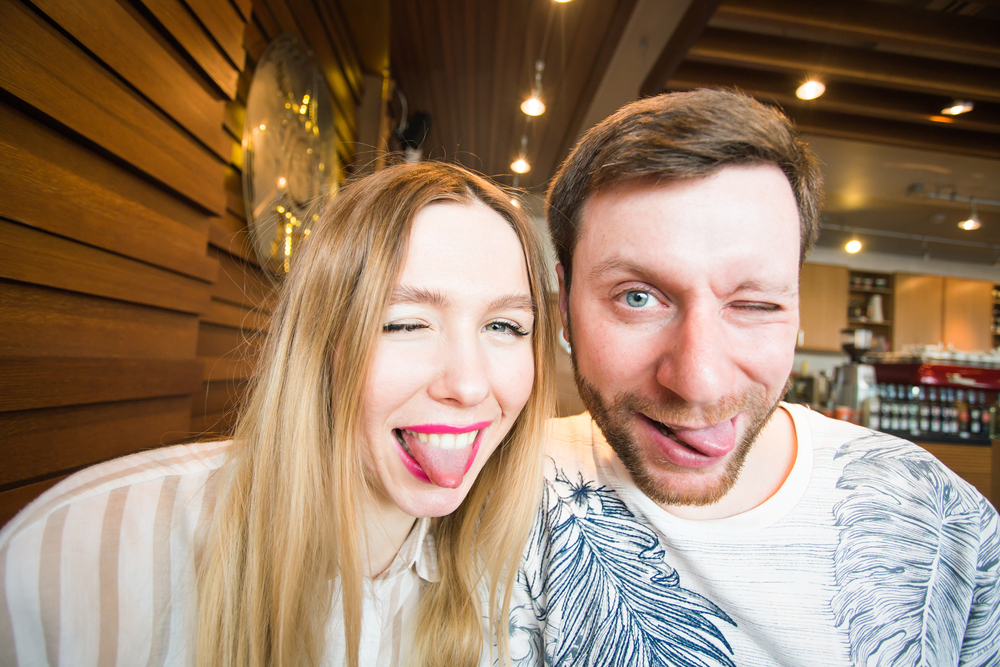Uh Oh! It seems you’ve taken a wrong turn on our website.
But no worries, we’re here to get you back on track. At DatingRoo, we’re all about helping you find the best dating sites and apps to make your love life a little brighter. Let’s get you back to where the magic happens.
Here are some handy links to get you started:
- Home: Head back to our homepage and start fresh.
- Compare Dating Sites: Check out our top comparisons of the best dating sites and apps.
- Best Dating Apps: Discover the best dating apps in Australia in 2025
- Dating Tips: Get expert advice and tips to improve your dating game.
- Reviews: Read our in-depth reviews of popular dating platforms.
- Blog: Stay updated with the latest news and trends in the dating world.
We’re glad you stopped by DatingRoo, and we hope you find exactly what you’re looking for. If you need any help, feel free to reach out to us through our contact page.
Thanks for visiting, and happy dating!
